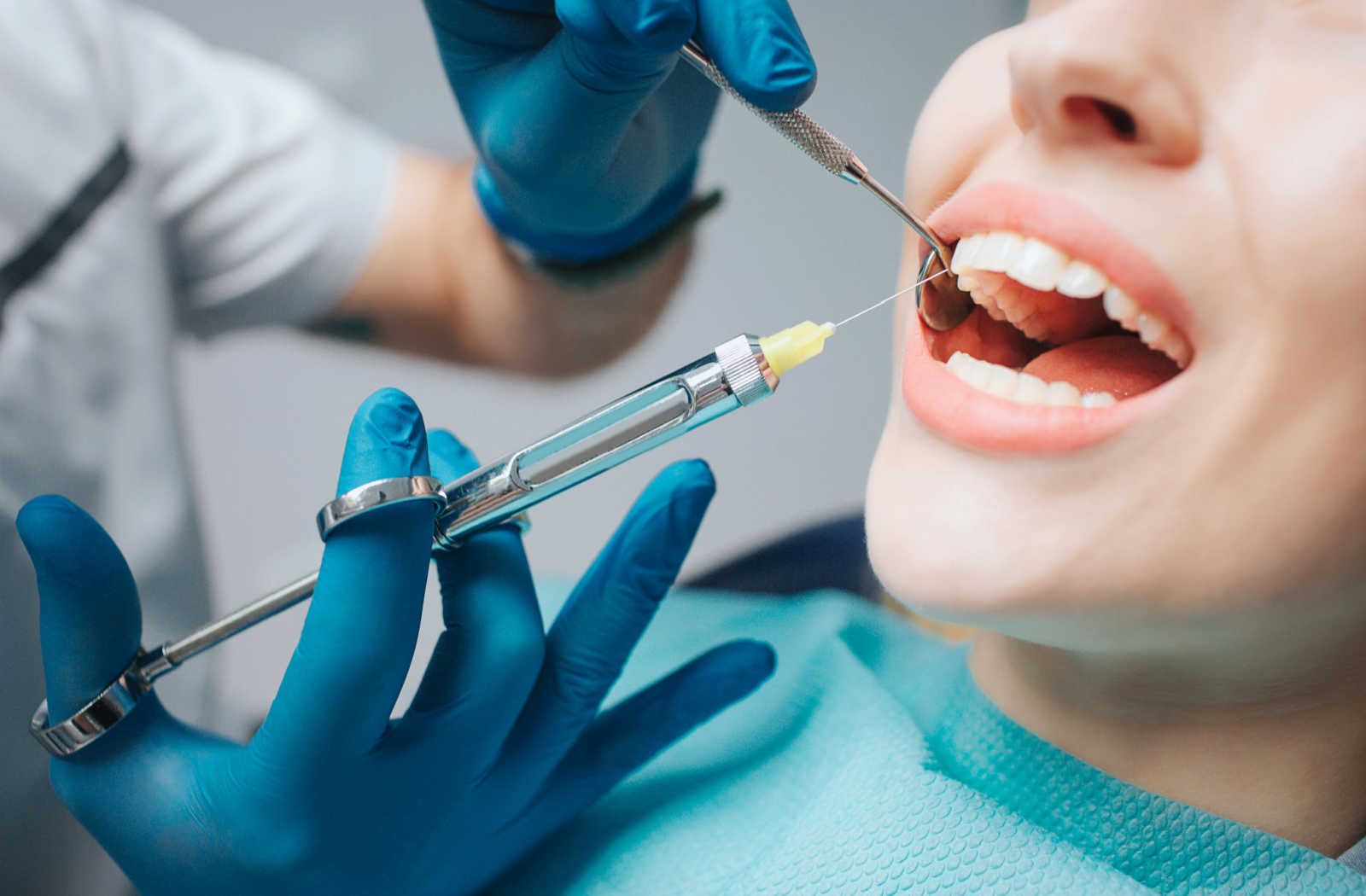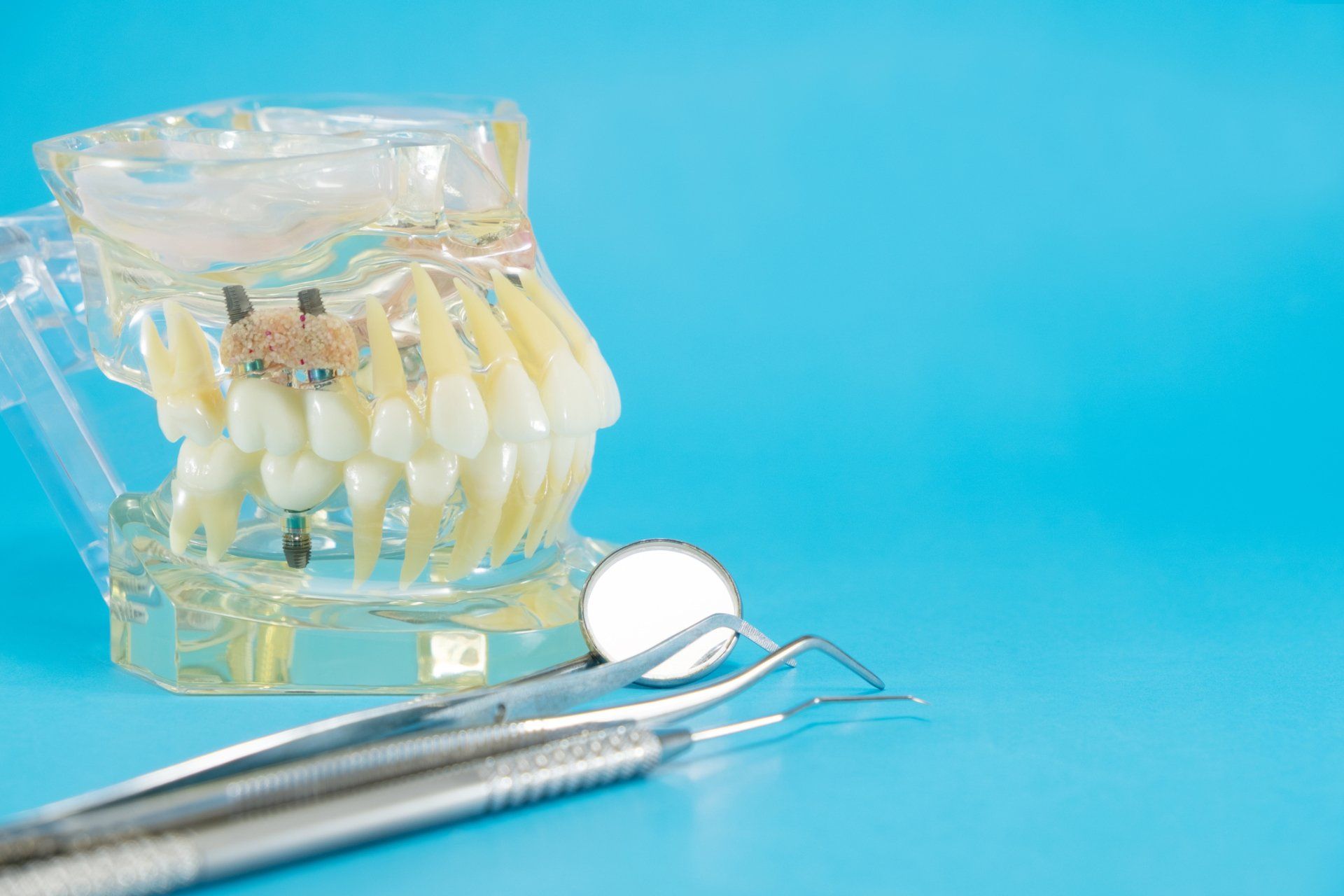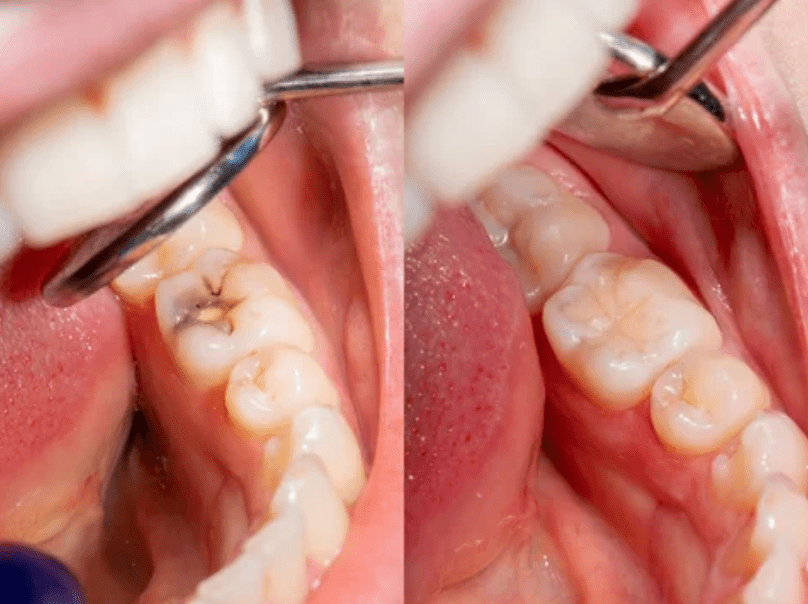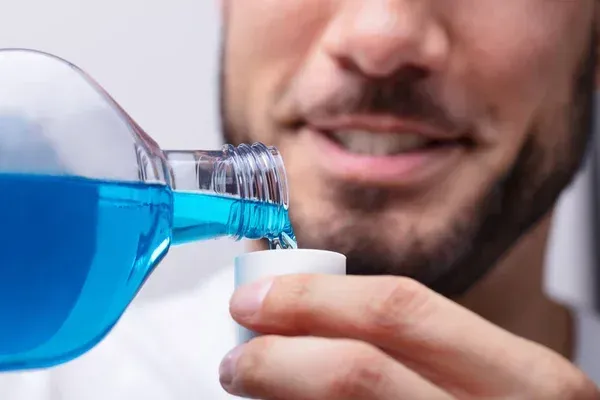How Long Does Dental Numbness Last After Local Anesthesia?
Let's Go Over The Different Factors That Effect The Length Of Dental Numbing

Dental procedures often involve local anesthesia to ensure patients' comfort during treatment. While the numbness is a temporary side effect, many people wonder, "How long does dental numbness last?" In this article, we'll delve into the duration of dental numbness and what factors can influence it.
How Long Does Dental Numbing Last?
Local anesthesia, administered via dental numbing shots, plays a crucial role in ensuring pain-free dental procedures. However, the duration of numbness can vary from person to person and depends on several factors:
1. Type of Anesthetic Used:
- The type of anesthetic used can impact how long the numbness lasts. Some anesthetics wear off more quickly than others.
2. Location of Dental Work:
- The area of your mouth where the dental work was performed can affect how long the numbness persists. Numbness in the front of the mouth may wear off faster than in the back.
3. Individual Response:
- Everyone's body reacts differently to anesthesia. Some people may experience shorter or longer periods of numbness due to their unique physiology.
4. Dosage:
- The amount of anesthesia administered can influence the duration of numbness. Higher doses may result in longer-lasting numbness.
How Long Does Dental Numbing Shots Last?
Typically, the effects of dental numbing shots start to wear off within 1 to 3 hours after the procedure. However, residual numbness may persist for a few more hours in some cases with a total of 3-6 hours. Again, the duration of local anesthetics depends upon the type used, the location of the dental work, your unique physiology, and the amount that was administered to you.
Can I Make The Numbness Go Away Faster?
While dental numbness is a temporary and necessary part of many dental procedures, there are some steps you can take to help the numbness dissipate more quickly:
-
Stay Active: Gentle movement or exercise can help increase blood flow, which may aid in the removal of the anesthetic from the body. However, avoid strenuous activities that could result in injury due to impaired sensation.
-
(Carefully) Chew Sugarless Gum: Chewing sugarless gum can stimulate blood flow to the mouth and may help the numb feeling fade faster. However, be cautious and avoid biting your cheek or tongue accidentally.
-
Rinse with Cold Water: Gently rinsing your mouth with cold water can help freshen your mouth and may help the numbness wear off more quickly.
-
Avoid Alcohol and Tobacco: Alcohol and tobacco can slow down the body's ability to metabolize the anesthetic. It's best to avoid these substances until the numbness has completely worn off.
-
Time and Patience: In most cases, the numbness will naturally subside within a few hours. Patience is often the best approach.
It's important to note that these suggestions may help the numbness fade a bit faster, but they may not drastically reduce the duration of numbness. Always exercise caution to prevent accidental injury while you are still numb.
In summary, the duration of dental numbness after local anesthesia varies from person to person and depends on factors like the type of anesthetic, location of dental work, and individual response. On average, numbness lasts for 3 to 6 hours, with most people regaining full sensation within a few hours. If you have concerns about the duration of numbness after a dental procedure, don't hesitate to discuss them with your dentist.
Remember that dental numbness is a temporary inconvenience, and it plays a crucial role in ensuring a painless dental experience. If you have any questions or concerns about your dental anesthesia, always consult with your dentist for personalized guidance.











